
Watch Dogs: A Hacker’s Paradise Lost in Translation
Contents
Watch Dogs, developed by Ubisoft Montreal, promised an innovative open-world action experience centered around hacking. Released in 2014, the game thrust players into a fictionalized Chicago controlled by the ctOS operating system, offering unprecedented control over the city’s infrastructure. While the premise was intriguing, the execution fell short of expectations, leaving players with a bittersweet experience.
 alt text: Aiden Pearce, the protagonist of Watch Dogs, uses his smartphone to hack into the city's infrastructure.
alt text: Aiden Pearce, the protagonist of Watch Dogs, uses his smartphone to hack into the city's infrastructure.
A Familiar Setting with a Novel Gameplay Twist
Watch Dogs successfully integrated familiar elements of modern life into its gameplay. Smartphones, social media, and ubiquitous surveillance resonated with players, grounding the game in a relatable reality. The ctOS system, designed to streamline city management and enhance security, became Aiden Pearce’s ultimate weapon. Manipulating traffic lights, security systems, and even gas pipes offered thrilling opportunities for both escape and intervention.
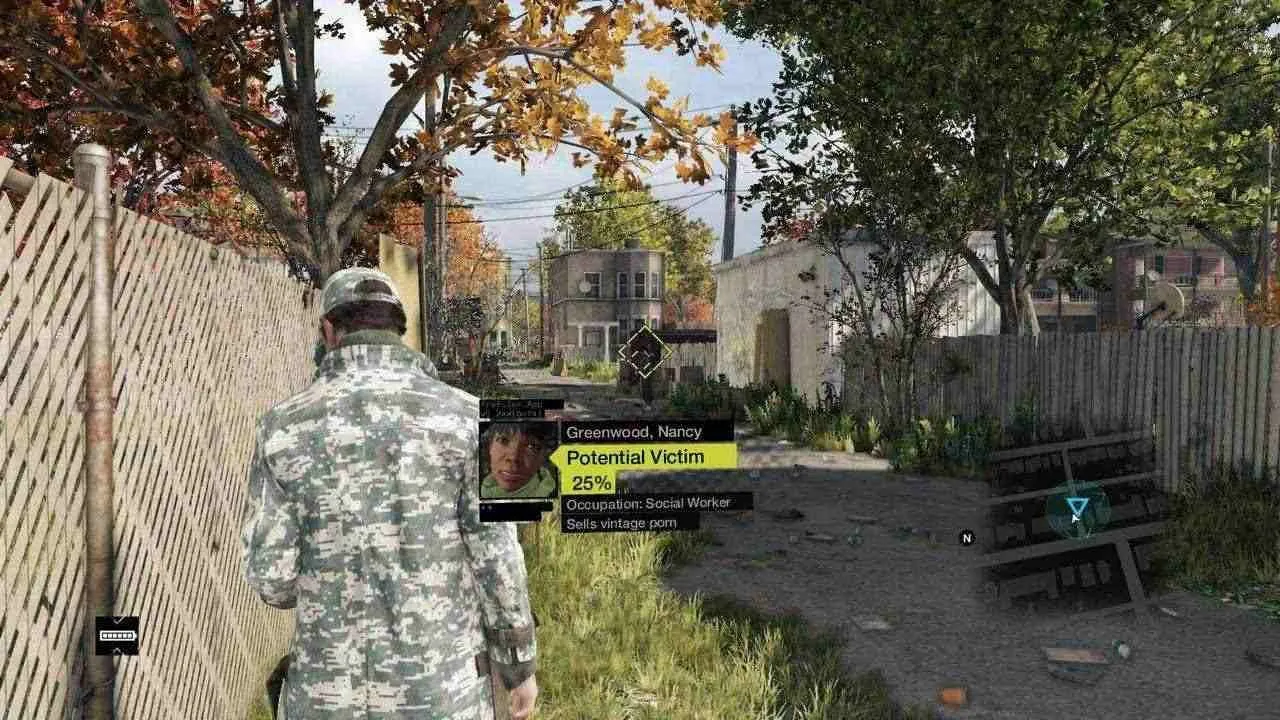 alt text: Watch Dogs gameplay screenshot showcasing the hacking interface and city environment.
alt text: Watch Dogs gameplay screenshot showcasing the hacking interface and city environment.
This power, however, came with consequences. A dynamic karma system shaped Aiden’s journey based on his choices. Acting as a vigilante earned public support, while reckless behavior attracted increased police scrutiny and civilian resistance. This moral compass added depth to the gameplay, allowing players to define their own playstyle.
The city of Chicago, intricately designed and controlled by ctOS, became a playground for Aiden’s digital prowess. From aiding innocent civilians to pursuing personal vendettas, players could wield their newfound power to shape the city’s fate.
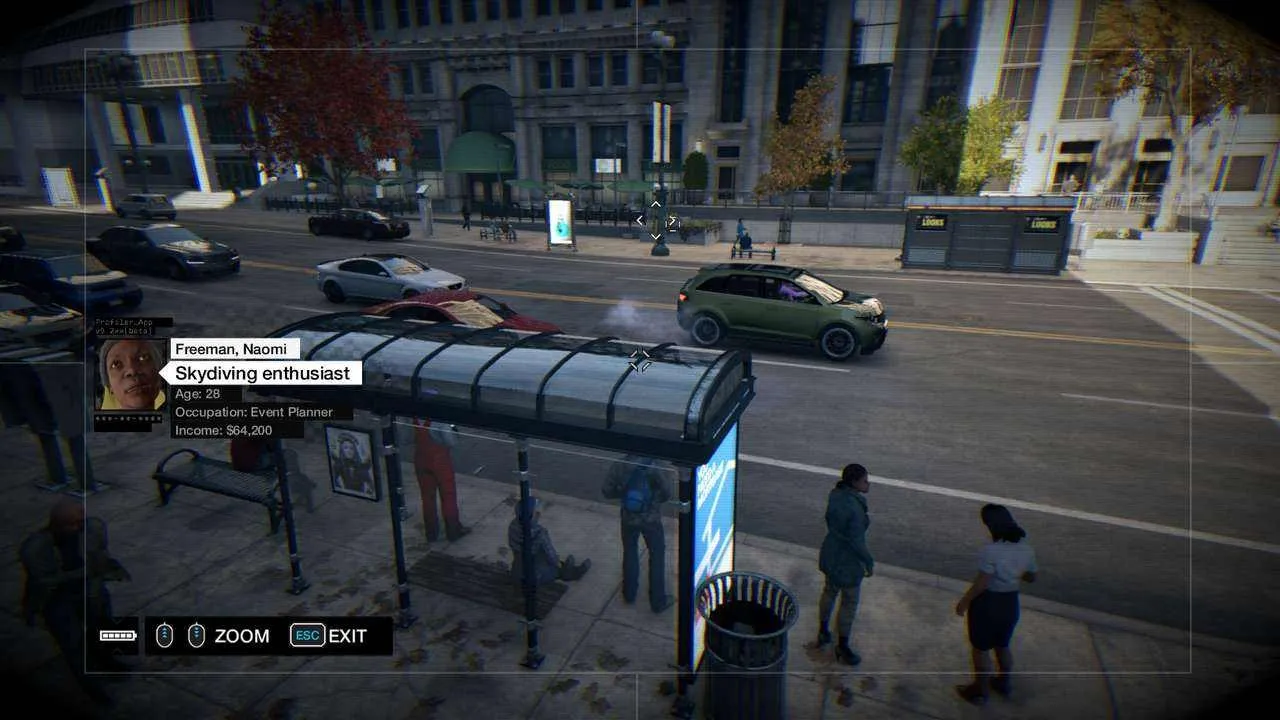 alt text: Aiden Pearce uses his hacking skills to manipulate traffic lights and create chaos in Watch Dogs.
alt text: Aiden Pearce uses his hacking skills to manipulate traffic lights and create chaos in Watch Dogs.
Multiplayer Intrusion in a Single-Player World
Watch Dogs introduced an intriguing “Invade” mechanic, blurring the lines between single-player and multiplayer. Players could seamlessly infiltrate the games of others, taking on contracts to steal data or tail their targets. This dynamic added an element of unpredictability to the open world, forcing players to remain vigilant and adapt to unexpected threats.
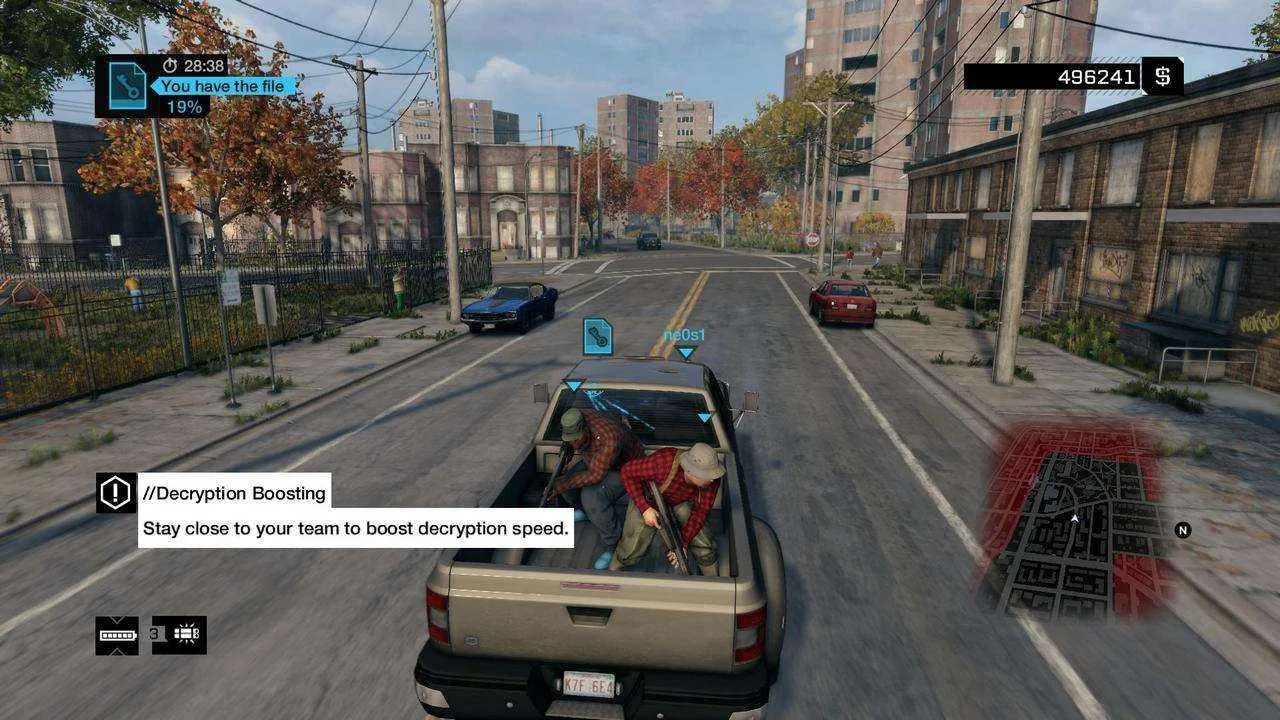 alt text: A Watch Dogs player hacks into the system while another player attempts to locate them.
alt text: A Watch Dogs player hacks into the system while another player attempts to locate them.
The vastness of Chicago provided endless possibilities for these invasions, with different locations offering unique challenges and strategies. This innovative approach to multiplayer integration added significant replay value to the game.
A City Stripped of its Vibrancy and Plagued by Technical Issues
Despite its promising gameplay mechanics, Watch Dogs suffered from several significant shortcomings. The graphical downgrade from its initial E3 2012 reveal was a major disappointment for fans. Poor optimization led to performance issues even on high-end PCs, with frequent frame rate drops and lag hindering the experience, particularly during high-speed chases.
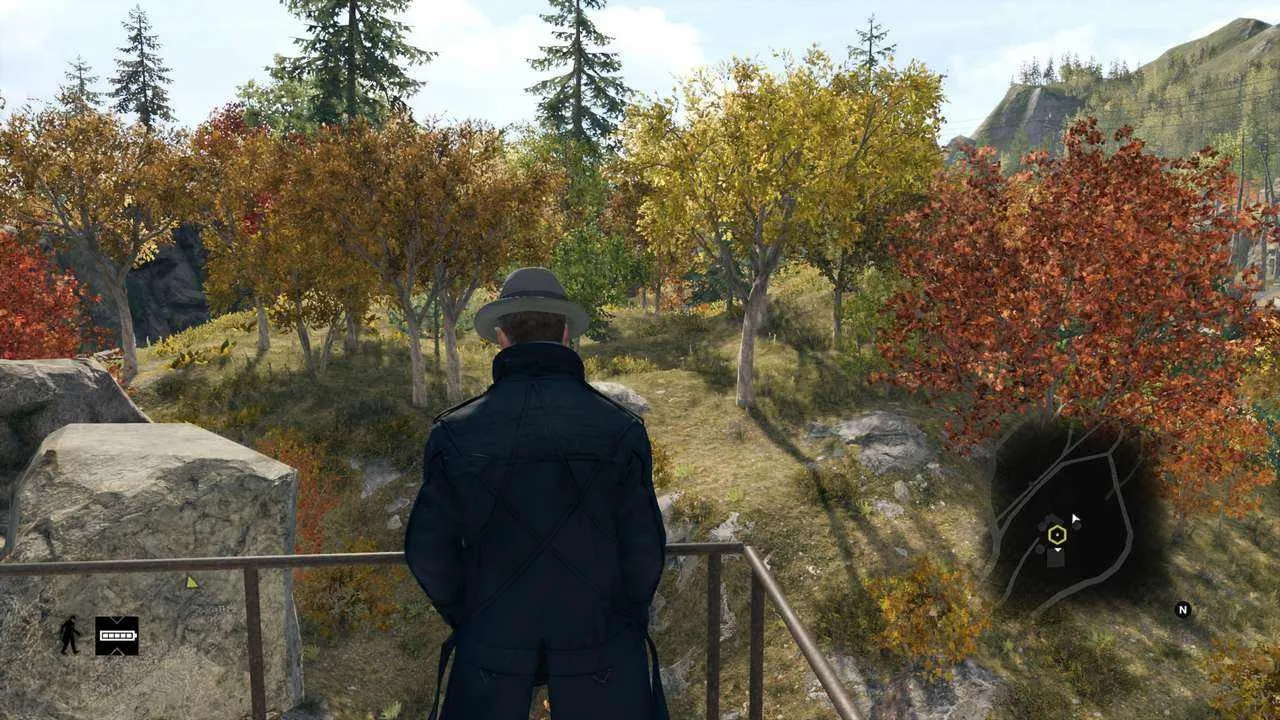 alt text: Watch Dogs screenshot showcasing the city's environment and a vehicle.
alt text: Watch Dogs screenshot showcasing the city's environment and a vehicle.
The lack of detail in the game world further diminished the sense of immersion. Invisible walls, limited character interactions, a lifeless city, and unresponsive NPCs contributed to a sterile and unconvincing environment.
Furthermore, the game’s core hacking mechanic, while initially appealing, ultimately felt underutilized. The ease of combat often made stealth and hacking feel redundant, diminishing the incentive for creative problem-solving.
 alt text: A Watch Dogs player hacks into the system while another player attempts to locate them.
alt text: A Watch Dogs player hacks into the system while another player attempts to locate them.
The inconsistent police AI also detracted from the overall experience. Their reliance on civilian reports to trigger responses allowed players to easily exploit the system, undermining the sense of danger and consequence.
A Lost Potential
Watch Dogs, while presenting a compelling vision of a hacker’s playground, ultimately fell short due to technical issues, a lack of polish, and underutilized gameplay mechanics. The game’s ambitious concept was hampered by its flawed execution, leaving players with a sense of unfulfilled potential.
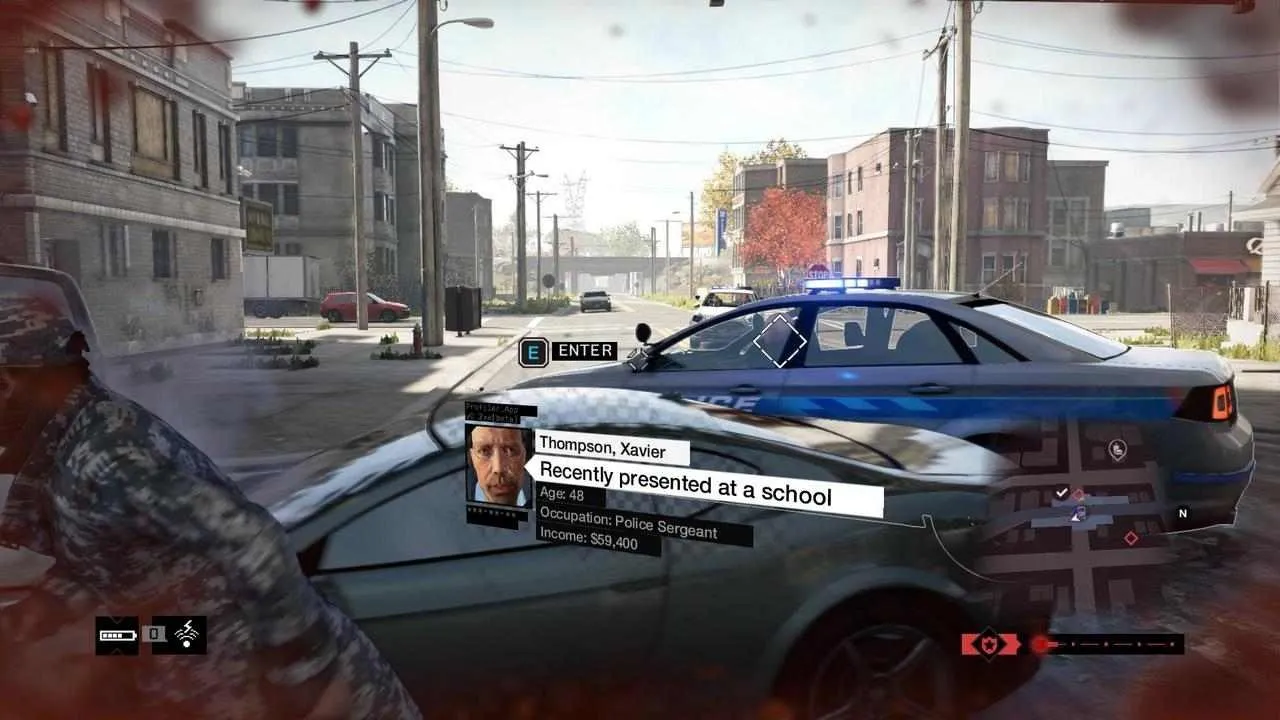 alt text: Aiden Pearce stands in a dimly lit alleyway in Watch Dogs.
alt text: Aiden Pearce stands in a dimly lit alleyway in Watch Dogs.
Conclusion
Watch Dogs offered a glimpse into a fascinating world of interconnected systems and digital manipulation. While its innovative gameplay mechanics and relatable setting held promise, the game’s technical shortcomings and lack of polish ultimately prevented it from reaching its full potential. The experience, though enjoyable in parts, left many wanting more.
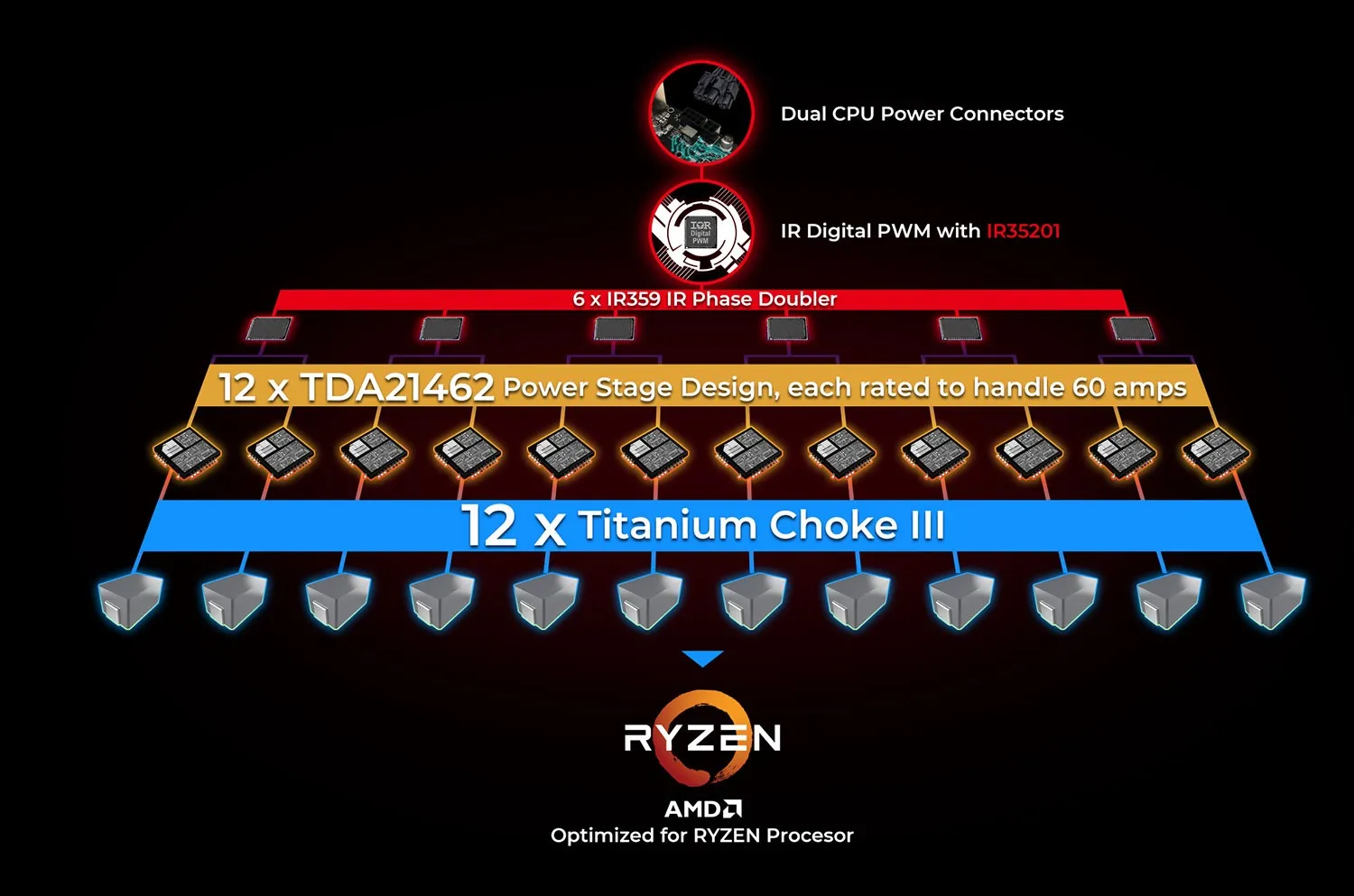


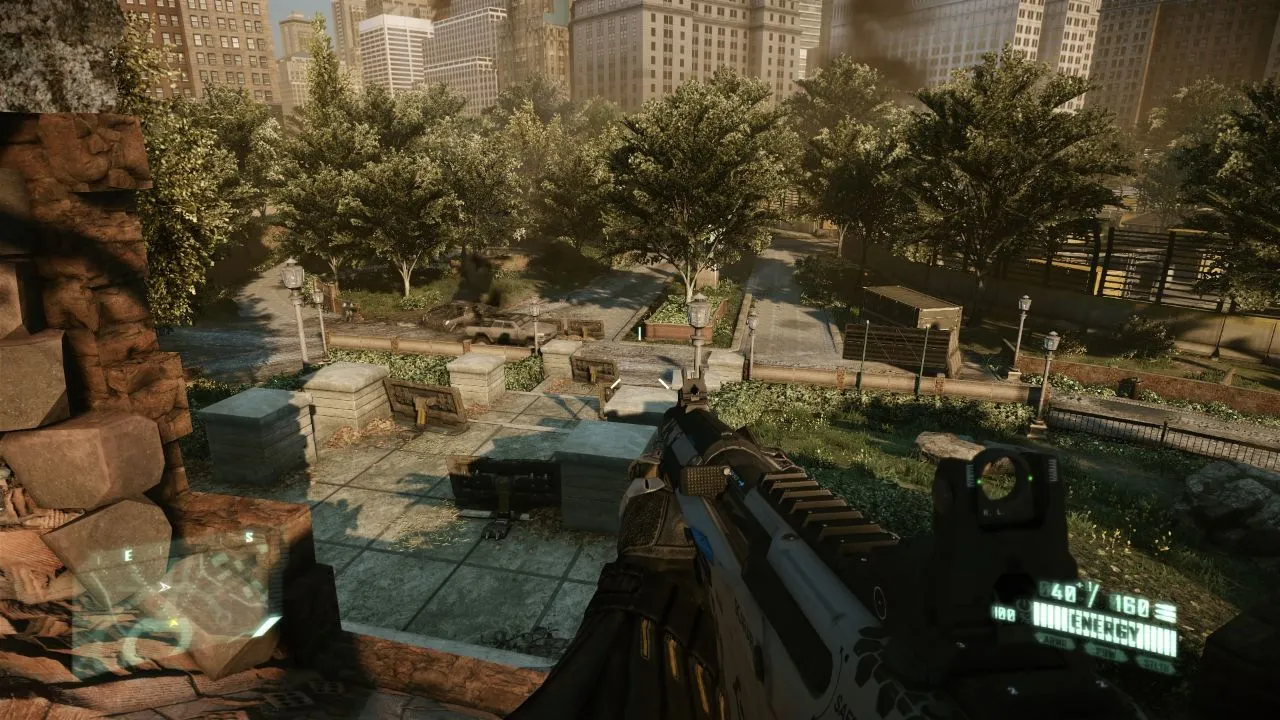

Comments (0)